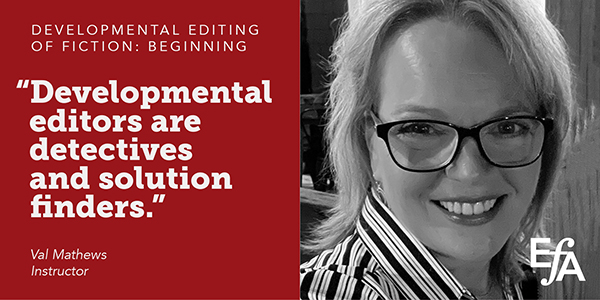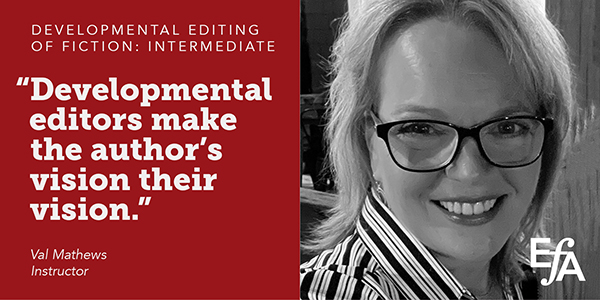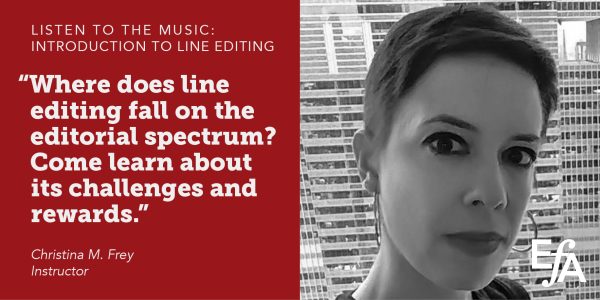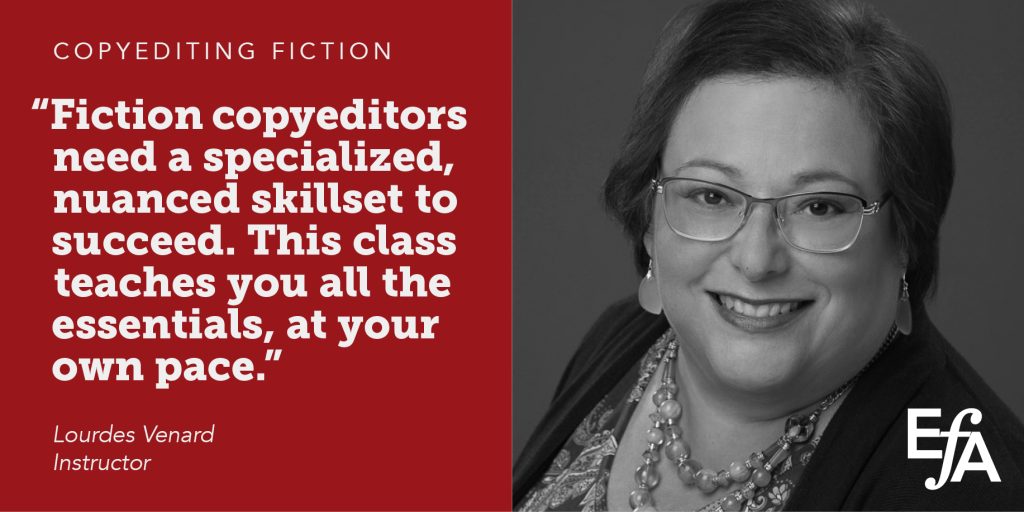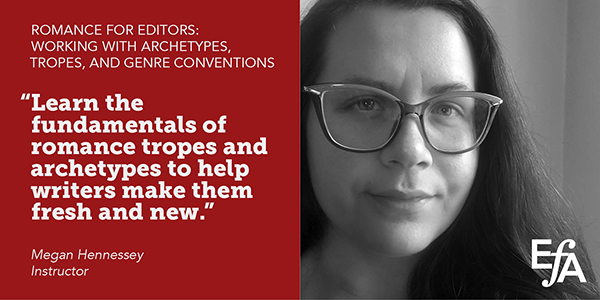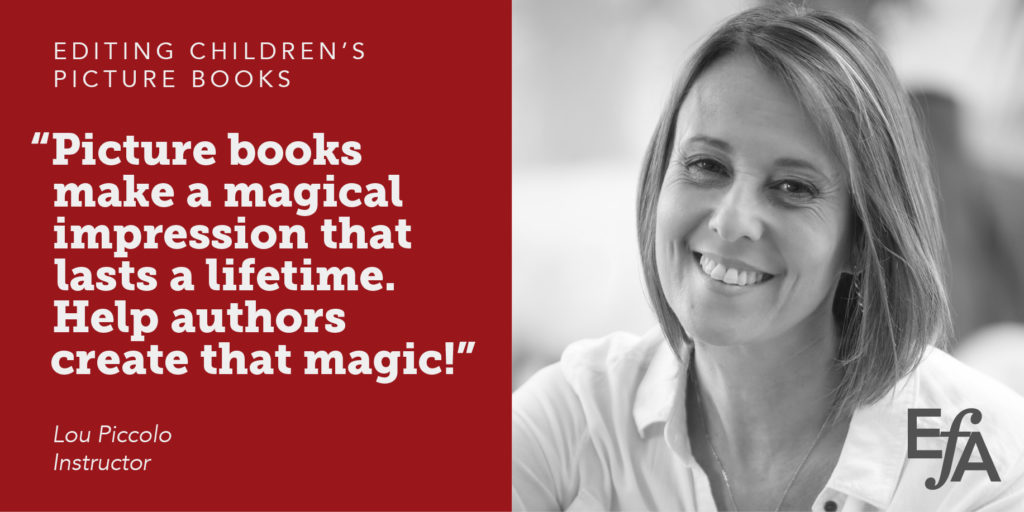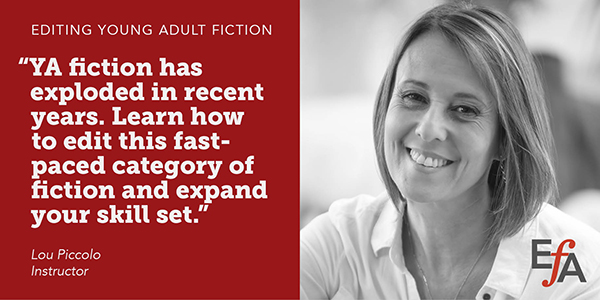Description
Intro to Becoming a Professional Beta Reader
Want to add beta reading to your list of services but unsure where to start? Stumped by how to differentiate between beta reading and developmental editing in terms of pricing and scope? Heck, unsure exactly what beta reading entails? Beta reading has traditionally been a free service exchanged within writing groups, but it has gained traction as a professional service in the last few years—one that requires a different approach than editing. In this intro-level webinar, I’ll walk you through the basics of beta reading, how it differs from editing, and deciding if it’s something you want to offer. At the end of the 60 minutes, you’ll have the tools to structure your beta reading service, including pricing, scope, and setting expectations (both for yourself and for clients).
Developmental Editing of Fiction: Beginning
Developmental editors (DEs) are all about the big picture. They assess how a manuscript hangs together as a whole, how a story moves and unfurls, how characters drive the story forward. And above all, DEs are the author’s collaborating partner—they hone the writer’s unique voice and make the author’s vision their vision. This self-paced introductory course is meant for anyone who wants to help authors shape their stories, develop their storytelling grit, and conquer the boring in their manuscripts. It covers what every DE needs to know to start working in the industry.
Four-week traditional course, beginning March 12: Developmental Editing of Fiction: Intermediate
If you have experience in fiction developmental editing (or if you’ve completed “Developmental Editing of Fiction: Beginning”), this four-week class will take your skills to the next level. It goes beyond the beginner course to expand on the fundamentals of DE, including structure, beats, pacing, and character development. As a developmental editor, your task is both delicate and transformative. This course will prime you for success in a challenging, inspiring career.
Listen to the Music: Introduction to Line Editing
If developmental editing helps shape a story and copyediting polishes it, line editing is what makes the writing come alive. Line editors listen to the music behind the written word. This webinar will challenge developmental editors and copyeditors to approach editing from the middle distance, connecting with the writing while detaching from the big picture or the small cleanup issues. We’ll talk about authorial voice, discuss how to work with writing on a line level, and work through a few examples comparing line editing to other editorial phases.
Four-week traditional course, beginning March 5: Line Editing of Commercial Fiction: Beginning
Developmental editing and copyediting perch at opposite peaks of the editorial process, handling story structure and grammar usage respectively, while line editing navigates the valley between them to refine both narrative flow and syntactical styling. It’s the bridge that connects the grand architecture of storytelling with the intricate details of language mechanics, offering writers a holistic approach to enhancing their most important feature: their voice. In this four-week introduction to line editing, we’ll cover everything you’ll need to start working professionally with market-bound authors.
Copyediting Fiction
Fiction copyeditors not only look for misspellings and punctuation errors, but edit for voice and technique. This self-paced class will explore the differences between fiction and nonfiction editing, where copyediting ends and developmental editing begins, and common manuscript errors. We’ll examine style issues particular to fiction, including the mechanics of dialogue and interior monologue, narration flaws, and authorial voice. The course also provides information on breaking into fiction editing and working with indie authors or new writers.
Romance for Editors: Working with Archetypes, Tropes, and Genre Conventions
Romance is full of character archetypes and story tropes that need to be wielded purposefully to build an engaging story. This 90-minute workshop will introduce you to common archetypes and tropes found in romance subgenres, from the bad-boy billionaire to the second chance at love. Learning these story fundamentals will give you new tools to use when it comes time to break out your red pen, while also helping you support authors in finding surprising, fun ways to introduce readers to their favorite tropes and archetypes. This webinar is suitable for both new and experienced romance editors, and it’s a great introduction to editing this genre if you’ve been curious about it!
Six-week traditional course, beginning February 5: Editing Children’s Picture Books
Editing picture books requires specialized knowledge and techniques. This course is a comprehensive guide ensuring you can help your client to produce a properly structured manuscript with a forward-moving plot, essential obstacles, and memorable characters. At the end of this class, you will be able to identify the characteristics of a picture book, understand how these characteristics work together, and learn how to identify meter, rhyme scheme, and rhyme crimes in rhyming picture books.
Editing Young Adult Fiction
The stories told in young adult fiction are as unique and varied as its young audience. Developmental editing of a YA novel is a specific task requiring a different approach from editing adult novels. The secret to editing YA fiction is being able to place yourself into a teen’s head and experience, identifying with teen characters and how they express themselves. Can you remember the wild highs and lows of your teenage years? Be ready to time travel back to the teenage you! This self-paced class will teach you: what YA is and how it is unique; the popular genres in YA; how to ensure a book is teen-centric, particularly through editing for authentic and realistic teen voice and dialogue; and much more.
Working with Indie Authors
With an author-centric approach, this workshop-style course gives you context by showing you where you are in the industry, helps you develop a marketing strategy to target the indie authors you want to work with, and guides you through developing tools that allow you to communicate effectively with prospective clients, pitch your services, and ensure your clients are on the same page as you.




